Call for Papers
AINL:
ARTIFICIAL INTELLIGENCE AND NATURAL LANGUAGE CONFERENCE
ARTIFICIAL INTELLIGENCE AND NATURAL LANGUAGE CONFERENCE
•
•
•
we publish in
submission
The 7th conference on Artificial Intelligence and Natural Language invites everybody interested in intellectual technologies, both from academic institutes and innovative companies. The conference aimed to bring together experts in the areas of text mining, speech technologies, dialogue systems, information retrieval, machine learning, artificial intelligence and robotics; to create a platform for sharing experience, extending contacts and searching for possible collaboration.
RESEARCH PAPERS
We accept Full Papers (up to 12 pages) and Short Papers (6 pages). Full papers should describe original, complete, previously unpublished research; these papers will be presented during the conference as oral presentations. Short Papers describe research in progress or negative results. The papers must be written in English. All submitted papers will be peer reviewed. All papers will be reviewed by at least 3 members of the program committee. This year we will use a double-blind review scheme. Please anonymize your papers when submitting for initial review.
At least one author of accepted long and short papers must register for the conference and present the paper.
All types of papers should be formatted accordingly to the Springer LNCS style. Although Springer offers both LaTeX style files and Word templates, we highly encourage the authors to use LaTeX, especially for texts containing several formulae.
Springer LNCS Style: https://www.springer.com/gp/computer-science/lncs/...
LaTeX: ftp://ftp.springernature.com/cs-proceeding/llncs/llncs2e.zip
Word: ftp://ftp.springernature.com/cs-proceeding/llncs/word/splnproc1703.zip
Please use the EasyChair system to submit a paper: https://easychair.org/conferences/?conf=ainl2018.
DEMO and POSTERS
We invite demo and posters without publication. In this section it is possible to present previously published work or work in progress. Demo and posters will be reviewed by organizing committee. To participate, fill in a form provided under the link below.
Note, that if you need visa to come to Russia you must contact us much earlier than the poster submission deadline.
INDUSTRIAL SESSION
We organize a number of industrial talks and interactive demonstration. To participate, fill in a form provided under the link below. The submissions will be evaluated by organizing committee.
RESEARCH PAPERS
We accept Full Papers (up to 12 pages) and Short Papers (6 pages). Full papers should describe original, complete, previously unpublished research; these papers will be presented during the conference as oral presentations. Short Papers describe research in progress or negative results. The papers must be written in English. All submitted papers will be peer reviewed. All papers will be reviewed by at least 3 members of the program committee. This year we will use a double-blind review scheme. Please anonymize your papers when submitting for initial review.
At least one author of accepted long and short papers must register for the conference and present the paper.
All types of papers should be formatted accordingly to the Springer LNCS style. Although Springer offers both LaTeX style files and Word templates, we highly encourage the authors to use LaTeX, especially for texts containing several formulae.
Springer LNCS Style: https://www.springer.com/gp/computer-science/lncs/...
LaTeX: ftp://ftp.springernature.com/cs-proceeding/llncs/llncs2e.zip
Word: ftp://ftp.springernature.com/cs-proceeding/llncs/word/splnproc1703.zip
Please use the EasyChair system to submit a paper: https://easychair.org/conferences/?conf=ainl2018.
DEMO and POSTERS
We invite demo and posters without publication. In this section it is possible to present previously published work or work in progress. Demo and posters will be reviewed by organizing committee. To participate, fill in a form provided under the link below.
Note, that if you need visa to come to Russia you must contact us much earlier than the poster submission deadline.
INDUSTRIAL SESSION
We organize a number of industrial talks and interactive demonstration. To participate, fill in a form provided under the link below. The submissions will be evaluated by organizing committee.

Application form is under construction. Please return in April.
Conference topics in 2018
Natural Language Processing
Artificial Intelligence, Deep Learning, Machine Learning for NLP
Information Retrieval
Social Media and Social Network Analysis
Speech Generation and Recognition, Spoken Language Processing
Human-Computer Interfaces, Dialogue Systems
Linked Data and Semantic Web
Context Analysis, Text Mining
Plagiarism Detection, Author Profiling and Authorship Detection
Machine Translation, Crosslingual and Multilingual applications
Big Data and Data Mining
Robotics, Cyber-Physical Systems
important dates




Short & Full Paper Submission deadline
June 22
Notification of long and short paper acceptance
July 15
Camera-ready submission
September 15
Industrial submissions, demo and poster deadline

October 1
Notification for industrial submissions, demo and posters
Conference committee
Program Chair: Jan Žižka, Mendel University of Brno, Czech Republic
- Mikhail Alexandrov, Universitat Autònoma de Barcelona (Spain)
- Svetlana Alexeeva, Saint Petersburg State University (Russia)
- Artem Andreev, Institute for Linguistic Studies, Russian Academy of Sciences (Russia)
- Artur Azarov, Saint Petersburg Institute for Informatics and Automation (Russia)
- Rohit Babbar, Aalto University (Finland)
- Amir Bakarov, Higher School of Economics (Russia)
- Oleg Basov, Academy of FGS (Russia)
- Erind Bedalli, University of Elbasan (Albania)
- Anton Belyy, ITMO University (Russia)
- Siddhartha Bhattacharyya, RCC Institute of Information Technology (India)
- Chris Biemann, University of Hamburg (Germany)
- Elena Bolshakova, Moscow State University (Russia)
- Pavel Braslavski, Ural Federal University (Russia)
- Maxim Buzdalov, ITMO University (Russia)
- John Cardiff, ITT Dublin (Ireland)
- Dmitry Chalyy, Yaroslavl State University (Russia)
- Mikhail Chernoskutov, Krasovskii Institute of Mathematics and Mechanics (Russia)
- Bonaventura Coppola, University of Trento (Italy)
- Frantisek Darena, Mendel University Brno (Czech Republic)
- Boris Dobrov, Research Computing Center of Moscow State University (Russia)
- Ekaterina Enikeeva, Saint Petersburg State University (Russia)
- Vera Evdokimova, Saint Petersburg State University (Russia)
- Elena Filatova, City University of New York (USA)
- Andrey Filchenkov, ITMO University (Russia)
- Tommaso Fornaciari, Italian National Police (Italy)
- Natalia Grabar, Université de Lille (France)
- Dmitry Granovsky, Yandex (Russia)
- Jiri Hroza (Czech Republic)
- Dmitry Ignatov, Higher School of Economics (Russia)
- Vladimir Ivanov, Innopolis University (Russia)
- Alexander Jung, Aalto University (Finland)
- Nikolay Karpov, Higher School of Economics (Russia)
- Egor Kashkin, V.V. Vinogradov Russian Language Institute (Russia)
- Denis Kirjanov, Higher School of Economics (Russia)
- Pavel Klinov, Stardog Union (USA)
- Daniil Kocharov, Saint Petersburg State University (Russia)
- Yury Kochetov, Sobolev Institute of Mathematics (Russia)
- Maxim Kolchin, ITMO University (Russia)
- Mikhail Korobov, ScrapingHub Inc. (Russia)
- Evgeny Kotelnikov, Vyatka State University (Russia)
- Tomas Krilavicius, Vytautas Magnus University (Lithuania)
- Andrey Kutuzov, University of Oslo (Norway)
- Natalia Loukachevitch, Research Computing Center of Moscow State University (Russia)
- Artem Lukanin, European Patent Office (The Netherlands)
- Alexey Malafeev, Higher School of Economics (Russia)
- Vladislav Maraev, University of Gothenburg (Sweden)
- Roman Meshcheryakov, Tomsk State University of Control Systems and Radioelectronics (Russia)
- George Mikros, National and Kapodistrian University of Athens (Greece)
- Tristan Miller, Technische Universität Darmstadt (Germany)
- Alexander Molchanov, PROMT (Russia)
- Kirill Nikolaev, Higher School of Economics (Russia)
- Al Payne, Sorc (United Kingdom)
- Georgios Petasis, National Centre of Scientific Research "Demokritos" (Greece)
- Stefan Pickl, Bundeswehr University Munich (Germany)
- Lidia Pivovarova, University of Helsinki (Finland)
- Vladimir Pleshko, RCO (Russia)
- Alexey Romanov, University of Massachusetts Lowell (USA)
- Paolo Rosso, Universitat Politècnica de València (Spain)
- Yuliya Rubtsova, A.P. Ershov Institute of Informatics Systems (Russia)
- Eugen Ruppert, University of Hamburg (Germany)
- Ivan Samborskii, ITMO University (Russia)
- Andrey Savchenko, Higher School of Economics (Russia)
- Christin Seifert, University of Passau (Germany)
- Alexander Semenov, University of Jyvaskyla (Finland)
- Alexey Sorokin, Moscow State University (Russia)
- Alexander Tarelkin, EPAM (Russia)
- Irina Temnikova, Qatar Computing Research Institute (Qatar)
- Mike Thelwall, University of Wolverhampton (United Kingdom)
- Elena Tutubalina, Kazan (Volga Region) Federal University (Russia)
- Dmitry Ustalov, University of Mannheim (Germany)
- Elior Vila, University of Elbasan (Albania)
- Roman Yangarber, University of Helsinki (Finland)
- Wajdi Zaghouani, Carnegie Mellon University (USA)
- Marcos Zampieri, University of Wolverhampton (United Kingdom)
- Jan Žižka, Mendel University in Brno (Czech Republic)
- Alexey Zobnin, Higher School of Economics (Russia)
- Nikolai Zolotykh, University of Nizhni Novgorod (Russia)
organizers
Contact us: ainlevent@gmail.com






